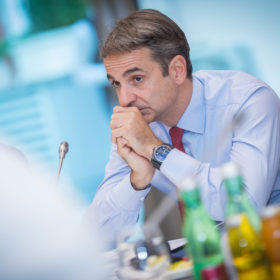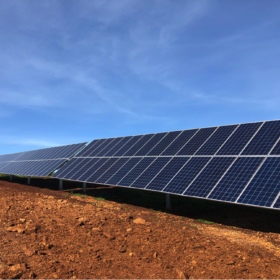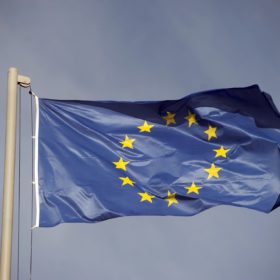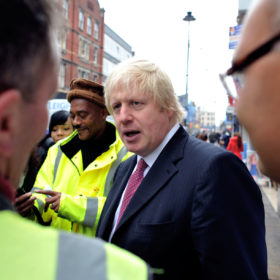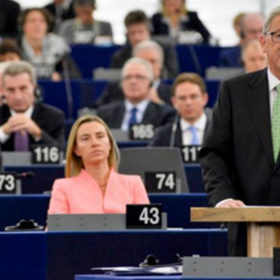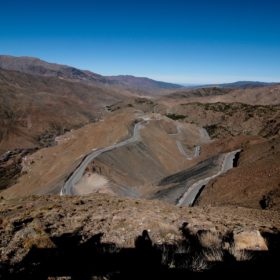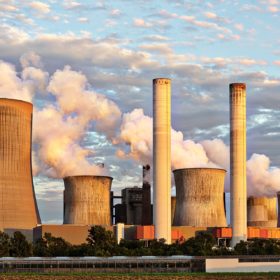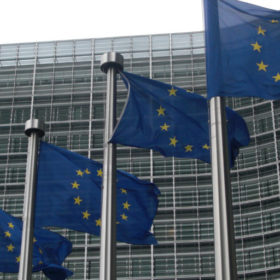Morocco opens 230 MW solar tender
The Moroccan agency for sustainable energy is pre-qualifying developers for the Noor Midelt II project, a solar complex incorporating CSP and PV elements.
There may be a sunny outlook for Greece
The nation elected a new government yesterday, awarding a clear majority to the pro-EU New Democracy party. What could that mean for Greece’s solar sector?
African Development Bank sets up $500m facility for sub-Saharan small scale renewables
The new credit lines are for the development of on and off-grid renewable energy projects. The European Commission is offering the fund a €40 million helping hand.
EU publishes directive, regulations for Clean Energy Package
The two documents urge member countries to adopt more favorable legislative frameworks to help improve operation of renewables and distributed generation in relation to other energy networks of gas or heat. The new provisions are also expected to facilitate the development of energy communities and aggregators, while opening the market for flexibility services to small power producers.
EU approves Italy’s auction scheme for renewables
The €5.4 billion program is expected to spur new growth in large scale PV while also providing incentives for rooftop systems. Originally scheduled for January, the country’s first technology neutral clean energy auctions – which will provide additional incentives EV charging-linked projects – may be held in the months ahead.
IEEFA joins calls for policy clarity about UK’s net zero ambition
An energy finance consultant from the international thinktank has added his voice to demands Theresa May, or her successor, spell out exactly how the decarbonization target will be met, and cited failings on solar as a warning on how not to proceed.
EU Council of Ministers gives final green light on clean energy package
Long awaited – and even longer debated – the 1000 pages of legislation have finally been adopted by all EU institutions. Over the coming 18 months, there will be changes, some big, some small, to the markets in Europe. Across the continent, the renewable energy industry is likely to benefit.
EDF-led consortium wins Moroccan tender for 800 MW CSP-PV project with price of $0.070/kWh
The grouping, which includes UAE-based Masdar and Moroccan independent power producer Green of Africa, is planning to begin construction this year. The project is among those realized by the Moroccan Agency for Sustainable Energy, as part of the Noor Solar Plan to develop a minimum 2 GW of capacity by next year.
RWE abandons plans for 1.1 GW lignite-fired power station in Germany
The utility claims that current market conditions are not ideal for the project, which has been under consideration since 2012. The power station was meant to replace existing lignite capacity, and according to RWE, it would have been more efficient. The company says that it will refrain from making further investments in coal capacity while increasing its focus on renewable energy and storage.
European Parliament approves electricity market design proposal
The European Parliament has approved the final four pieces of legislation in a proposal from the European Commission. With that, the Clean Energy for All Package is now complete and is only waiting for support from the Council of Ministers.

